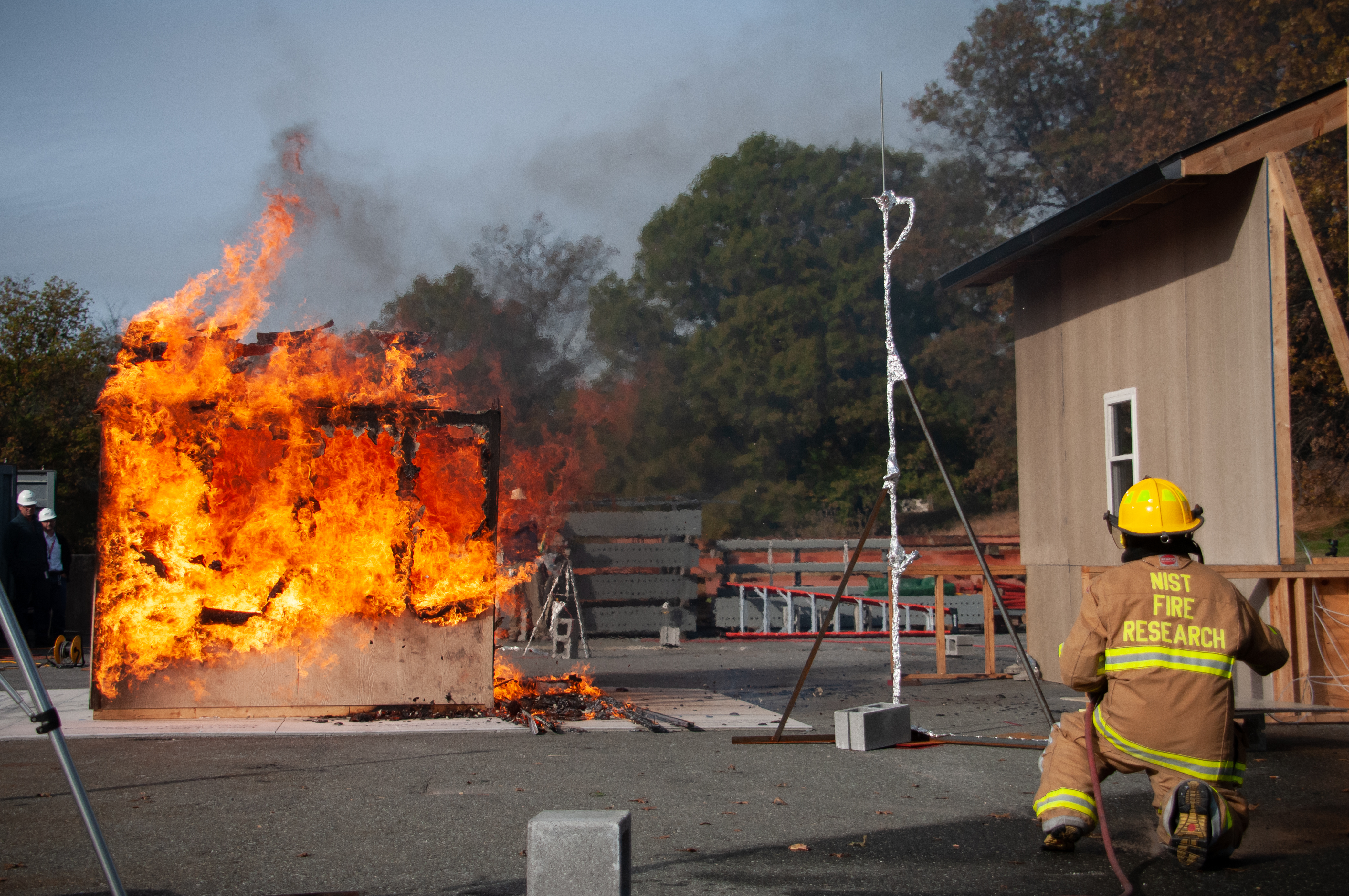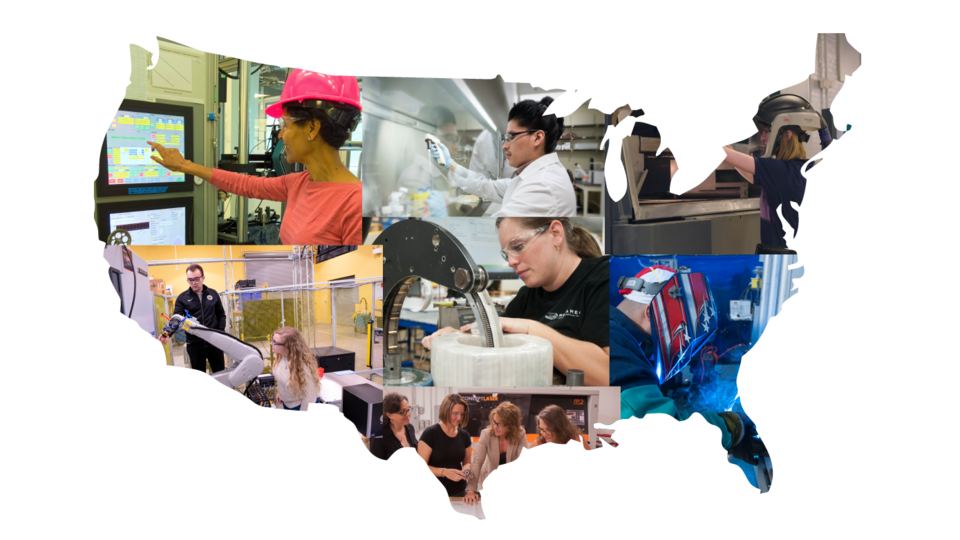FY 2023: Presidential Budget Request Summary

The National Institute of Standards and Technology (NIST) mission is to promote U.S. innovation and industrial competitiveness by advancing measurement science, standards and technology in ways that enhance economic security and improve our quality of life.
We accomplish our mission in several ways, including:
- Supporting national manufacturing networks and workforce development.
- Driving discovery in emerging technologies — artificial intelligence (AI), quantum science, synthetic biology and more.
- Securing the supply chain through new research, measurements, standards and other tools.
- Serving as a credible source for science-based standards and tools for climate measurements, resilience and clean energy.
"The FY 2023 Budget reinvests in foundational initiatives to set the American economy and the American worker up for success, working to address domestic and global challenges around innovation, supply chain resiliency, climate change, economic growth and security, and economic equity." — U.S. Department of Commerce
The FY 2023 budget request is an increase of $433.1 M, or 42%, over an assumed FY 2022 Annualized Continuing Resolution (CR) level to fully fund inflationary adjustments to current programs, grow funding for nationally mission critical areas, and expand NIST’s manufacturing programs.
Budget Summary
(Dollars in Table in Millions)
| Activity | FY21 Enacted | FY22 Annualized Continuing Resolution | FY23 President's Request |
|---|---|---|---|
| STRS | $788.0 | $788.0 | $975.0 |
| ITS | $166.5 | $166.5 | $372.3 |
| CRF | $80.0 | $80.0 | $120.3 |
| Total, NIST Discretionary | $1,034.5 | $1,034.5* | $1,467.6 |
* Excludes one-time supplemental funds.
Scientific and Technical Research and Services
Included in the FY 2023 budget request are new efforts to ensure U.S. leadership in key national priority areas:
- Climate and Energy, +$20M: Provide resources to the research community, industry and other agencies to predict, measure and manage aspects of the changing climate.
- Cybersecurity, +$18M: Provide resources to meet increased industry and government demands for standards, guidelines, best practices and other cybersecurity resources.
- Quantum Information Science, +$15M: Create the foundation for the nascent field of quantum engineering, develop quantum enabling technologies, support the development of a quantum networking testbed, and expand research partnerships.
- Artificial Intelligence, +$15M: Expand the research and development portfolio to catalyze research, cultivate trust, advance innovation and make progress toward solving critical AI-centric challenges.
- Bioeconomy, +$14M: Accelerate advancements in engineering biology, biomanufacturing for precision medicine, and therapeutics integrating AI and biological data.
- Advanced Communications, +$12M: Provide measurements and data needed for the development of next-generation wireless communications systems and the improvement of optical communication technologies.
- Neutron Research, +$10M: Address deficiencies in the research reactor and increase staffing and training for reactor operations crews and their management to continue providing access to neutron instrumentation to researchers.
- Public Safety Communications, +$10M: Continue research, technology road-mapping and standards development to support the next-generation communications needs of the American public safety community.
- Measurement Science Modernization, +$8M: Transition to digital measurement services delivery and provide the infrastructure needed for modern preparation and packaging of reference materials.
- Standards for Critical and Emerging Technologies, +$8M: Execute a forward-leaning initiative to strengthen U.S. leadership in international standards development for critical and emerging technologies.
- Strengthening Equity and Diversity in the NIST Workforce, +$5.8M: Support a diverse workforce and build pipelines for the next generation of scientists and engineers with a new metrology grants program for minority-serving institutions.
- Circular Economy, +$5M: Provide measurements and data tools to support efficient recovery, automated sorting and complex recycling routes for plastics and other materials in supply chains.
- iEdison System, +$2M: Provide maintenance and continued improvement of an online portal and database which allows recipients of federal grants and contracts to report resulting inventions and patents.
Industrial Technology Services


Manufacturing USA, +$80.3M: Expand Manufacturing USA, which was created by Congress to strengthen U.S. manufacturing. The request funds the first year of an additional four Manufacturing USA Institutes, one of which will help restore the United States as a leader in the design and manufacture of semiconductors.

Hollings Manufacturing Extension Partnership (MEP), +$124.2M: Increases the breadth of services offered to MEP centers. Supports plans to establish the infrastructure needed for a national supplier database, sector, and market-specific services to increase the number of companies within critical supply chains, to support assistance for recruiting, retraining and upskilling a post-pandemic workforce, and to fund manufacturing experts to assist very small manufacturers’ advancement with technologies such as robotics, automation, artificial intelligence and Industry 4.0.
Construction of Research Facilities
+$36.8M for the repair and revitalization of NIST facilities.

